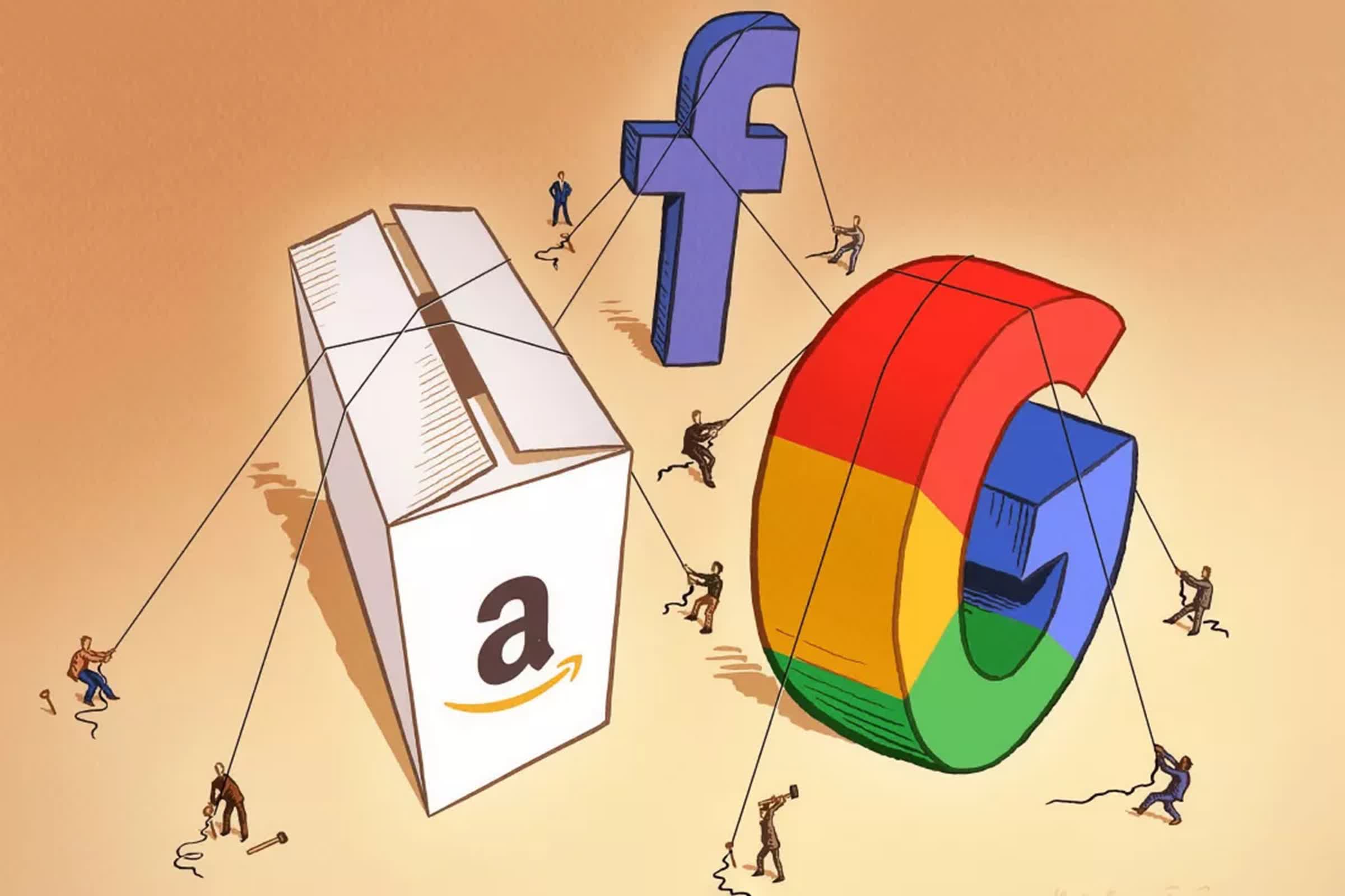In a nutshell: Google's DeepMind is enforcing strict noncompete clauses and extended notice periods to limit its U.K.-based AI talent from joining competitors, a tactic that underscores the fierce competition for skilled professionals in the field. The measure has drawn criticism from former employees and industry insiders who argue they stifle innovation and limit career mobility in the sector.

Nando de Freitas, a former DeepMind director now serving as Vice President of AI at Microsoft, recently took to social media platform X to voice his concerns. He alleged that Google DeepMind's employment contracts can effectively sideline AI developers for up to a year, preventing them from joining competitors. "Every week one of you reaches out to me in despair to ask me how to escape your notice periods and noncompetes," de Freitas wrote, addressing current DeepMind employees. He urged workers to avoid signing such agreements, calling them an "abuse of power."
Dear @GoogDeepMind ers, First, congrats on the new impressive models.
– Nando de Freitas (@NandoDF) March 26, 2025
Every week one of you reaches out to me in despair to ask me how to escape your notice periods and noncompetes. Also asking me for a job because your manager has explained this is the way to get promoted, but...
De Freitas's remarks highlight the growing challenges AI professionals face as they navigate restrictive contracts in a time of rapid industry expansion. While US states like California have banned noncompete clauses, these agreements remain enforceable in the United Kingdom, where DeepMind is headquartered. Under UK law, noncompetes are deemed valid if they are considered reasonable to protect an employer's legitimate business interests.
According to former DeepMind employees who spoke anonymously with Business Insider, the company tailors the length of noncompete clauses based on an employee's seniority and role. Individual contributors working on high-profile projects like Google's Gemini AI models often face six-month restrictions, while senior researchers may be bound by yearlong agreements. During this period, some employees are placed on "garden leave," receiving full pay but barred from working elsewhere.
Google defends its use of noncompetes as standard practice. "Our employment contracts are in line with market standards," a spokesperson told Business Insider. "Given the sensitive nature of our work, we use noncompetes selectively to protect our legitimate interests."

However, critics argue that these clauses are increasingly out of step with the fast-paced nature of AI development. "Who wants to sign you for starting in a year? That's forever in AI," said one former DeepMind employee.
The impact of these clauses on careers is so significant that some DeepMind employees have contemplated relocating to jurisdictions like California, where such agreements are unenforceable. Others lament missed opportunities at startups unwilling to wait months for new hires to become available.
De Freitas's public critique underscores the broader tension within the tech industry as companies vie for top-tier talent. He urged discontented employees to raise their concerns with DeepMind leaders such as CTO Koray Kavukcuoglu and senior research director Douglas Eck, whom he described as sympathetic to their plight. Ultimately, he stressed that workers should scrutinize contracts before signing away their freedom to move between employers.
The controversy surrounding noncompetes reflects a shifting dynamic in the tech industry. In previous decades, even those working on high-value systems could more easily transition between roles without facing such barriers. Now, as AI becomes a cornerstone of global innovation, companies are adopting measures more commonly associated with hedge funds – another fiercely competitive sector known for aggressive contractual terms.
For many in the field, the stakes could not be higher. "AI is interesting," remarked one former Google employee. "It seems to be the first time in my career that you have this insane race, like a space race. People really feel like being six months ahead or a year ahead could make all the difference."
Google's DeepMind accused of paying AI staff to do nothing - as long as they don't work elsewhere